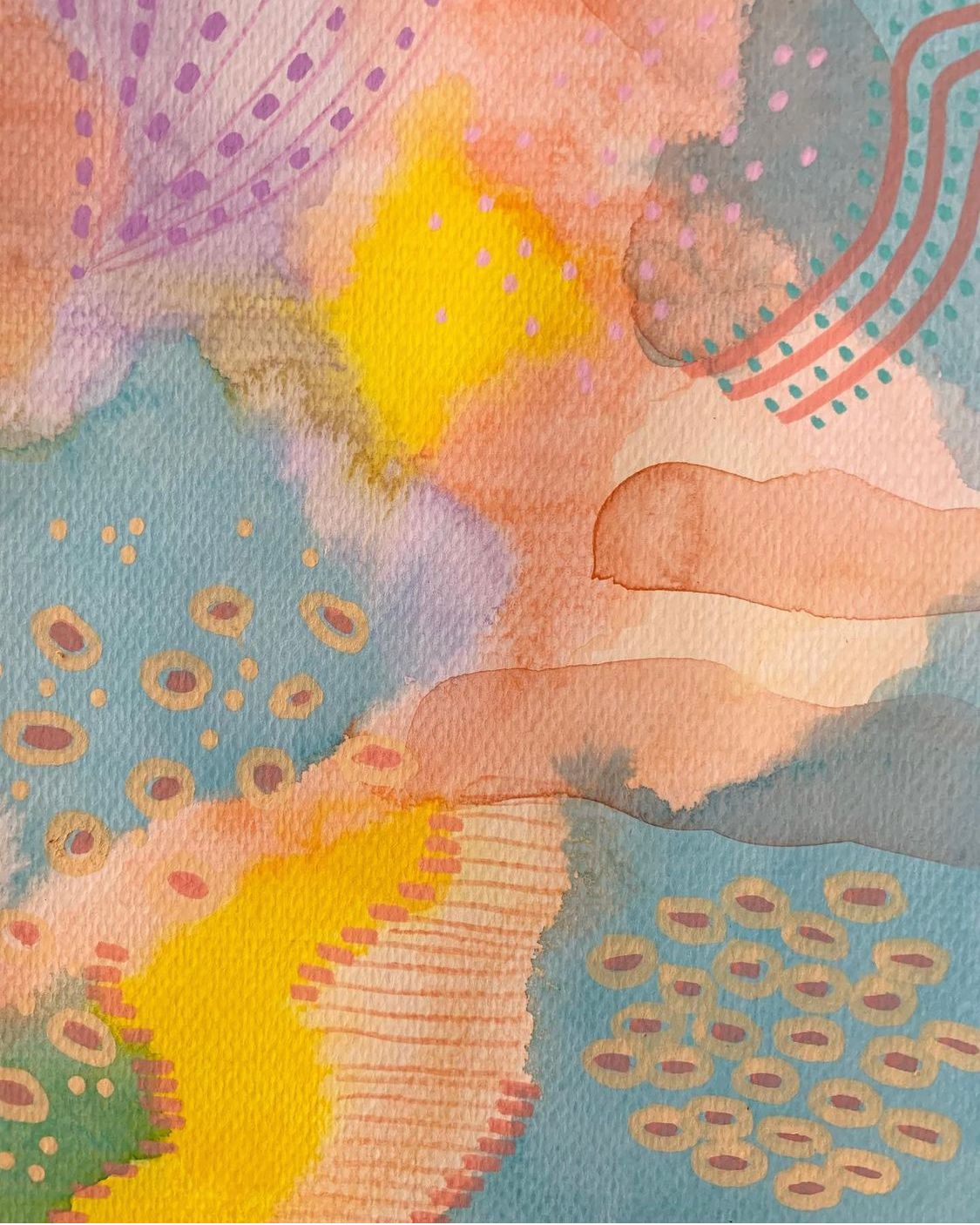I can't remember a period when it took so much stomach to follow the news. Pandemic, number of deaths from the pandemic, covid CPI, burning Amazon, record release of pesticides, unemployment, high food prices, hunger, racism, femicide, transphobia, record police violence (very much linked to racism), cut in the education budget... Abroad, the refugee situation, the earthquake in Haiti, the return to power of the Taliban in Afghanistan... A veritable flood of tragic news with which we are bombarded incessantly, whether on the internet or on TV.
The situation in Afghanistan has dominated the news since yesterday and with it, the commotion of people when they see the images of chaos and despair at the Kabul airport, with people hanging from the planes. In addition, we have seen reports of Afghan women, truly concerned about the setback that will come with the Taliban takeover, which threatens conquered rights and the very lives of these women.
Many people in Brazil have expressed their dismay in relation to the drama that Afghanistan is going through and, together with them, I perceive a movement to question these people about your concern about what's out when so much is going wrong in our own country . Well, it's true; My list above, which is not exhaustive, brings several complex issues that deserve attention and dedication to be solved or at least addressed. In his text, " Kabul is here " , Renata Corrêa, for example, reminds us that, in Brazil, women's rights have also been threatened and some have been effectively violated, showing that there is something that brings us, to some extent, closer to what can happen in Afghanistan.
Awareness of national problems seems to me fundamental for us to be able to exercise our citizenship, demand our rights, put pressure on politicians. But I often feel, not only about the Afghan situation, a kind of revolt of people with those who are outraged by international issues, something like "Ah! But what about Brazil?!". And not only with issues from other countries, but also with one problem and not with another.
This brings me up with a few questions. Would it really be humanly possible to allow oneself to be equally affected by all national and international problems? Do all problems touch us in the same way? Why is it that, in the midst of the sea of sad news, only one of them makes me cry? Why do I spend days thinking about only one of them? How many sufferings can fit in my chest?
In "Mass Psychology and Analysis of the Self", from 1921, Freud dedicates a chapter to the issue of identification, which would be the most elementary form of affective connection with another person. The text is long and remains extremely current (including to think about the political moment we are experiencing today in the country), but I highlight the following excerpt to think about the previous questions:
(...) [identification] can arise every time a new common element is perceived with a person who is not the object of sexual drives. The more important this common element is, the more successful this partial identification must be and thus correspond to the beginning of a new connection (Freud, 1921, Obras Incompleta de Sigmund Freud, Editora Autentica).
Freud gives us the way to think about this affectation caused by one piece of news and not by another. To perceive the common element that connects me, even if unconsciously, to some aspect or person of a news item I read. In other words, there is something of mine in what I read, in that extraordinary or tragic event, something that connects to me and that, therefore, affects me, touches me. Therefore, it seems senseless to be indignant at the indignation or suffering of the other for one cause and not for another. It is an unconscious "choice", something outside that hooks on me and is, therefore, more than legitimate.
Still, in a footnote, acknowledging that he had not exhausted the question of the formation of identification, Freud states:
Starting from identification, a path leads through imitation to empathy, that is, to the understanding of the mechanism that makes it possible for us, above all, to take a position in relation to another psychic life (idem).
How good that we identify with each other, that we have empathy, how good that we are not affected by everything and everyone in the same way, so that we can feel without being paralyzed, so that we can survive and have something to invest in the causes that move us, something to contribute, something concrete to change them.
(...) Think about Haiti
Pray for Haiti
Haiti is here
Haiti is not here (...) (Caetano Veloso and Gilberto Gil) .






